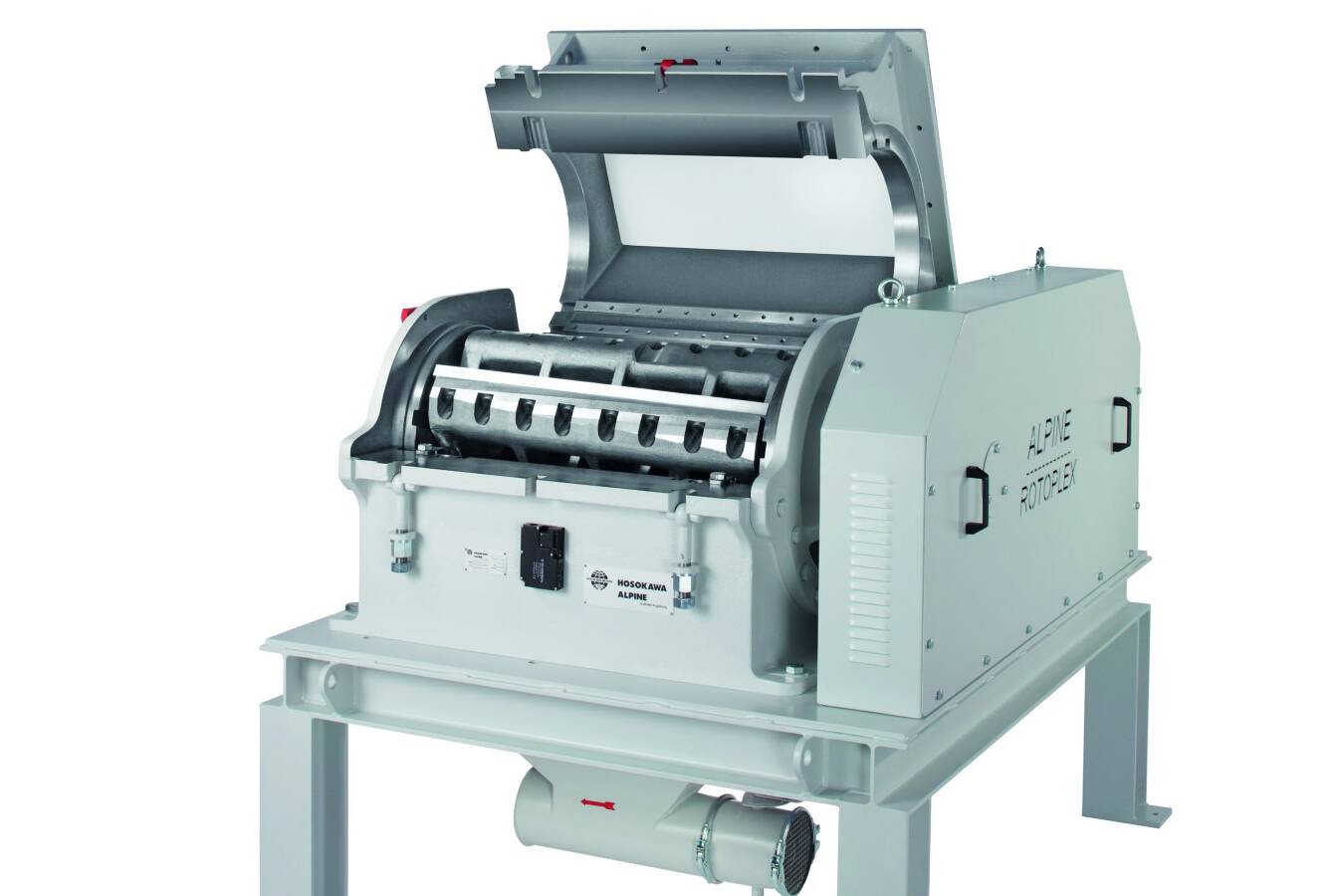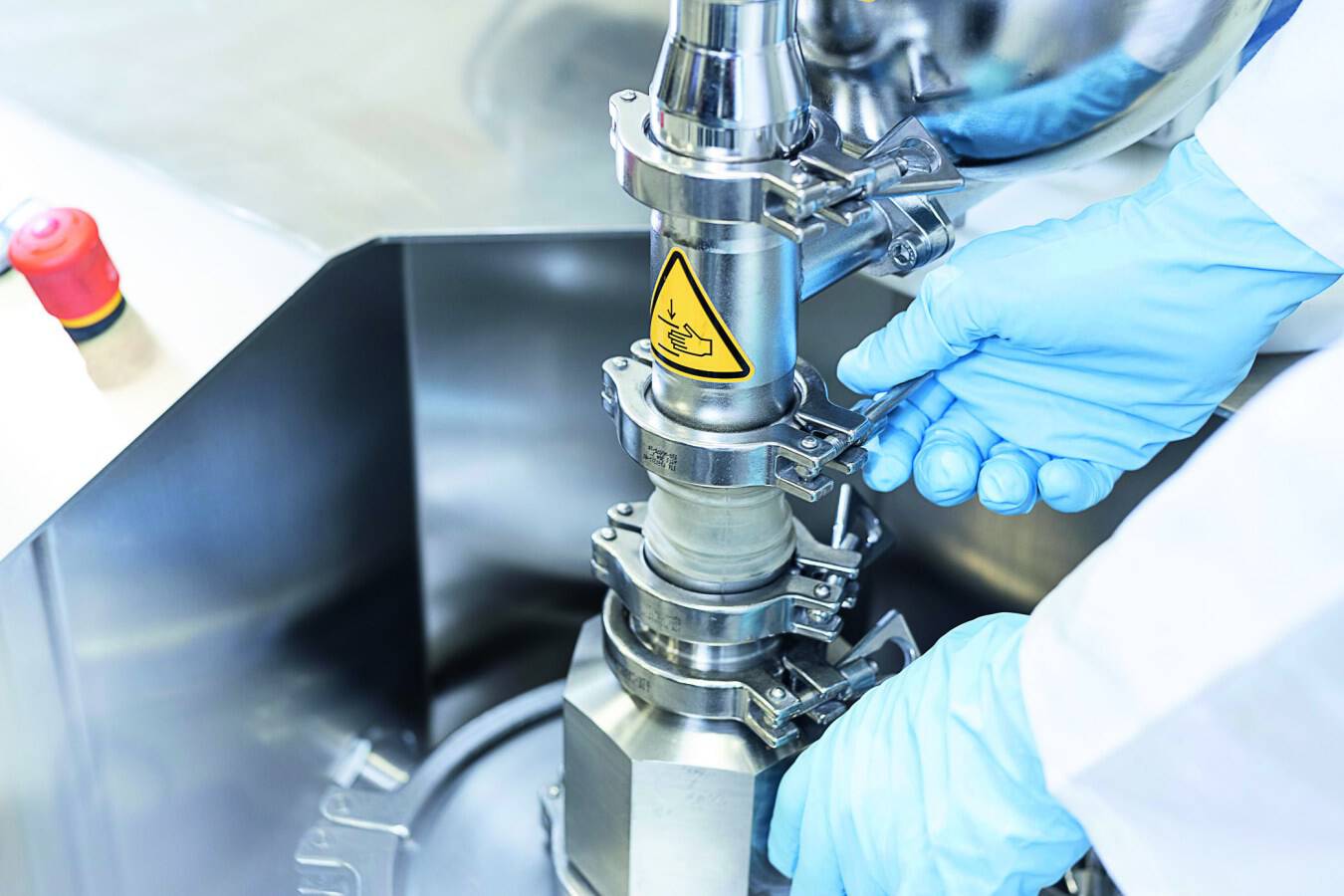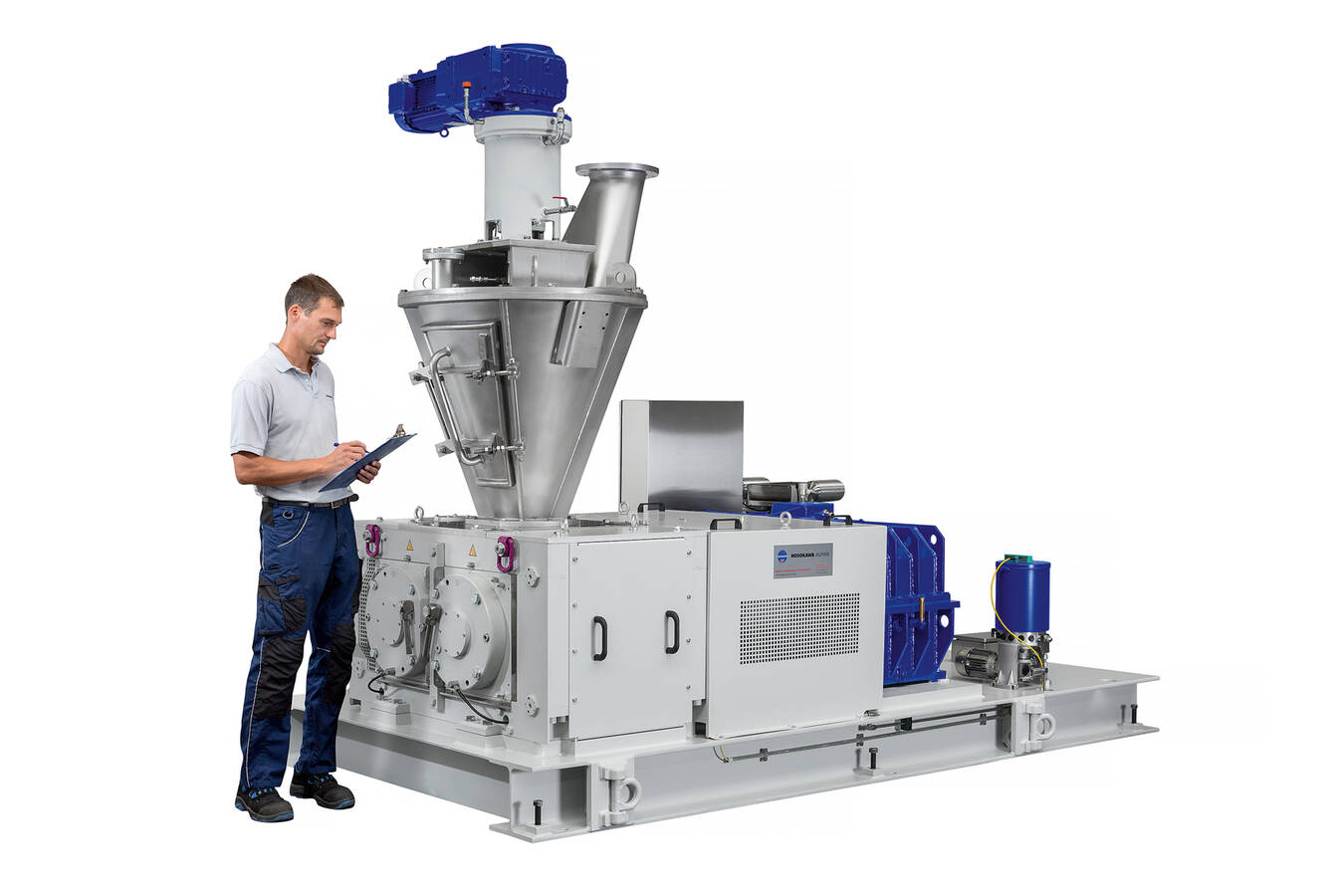New Hosokawa brand for manufacturers of lithium-ion batteries
With the new brand ”On”, the Hosokawa Micron Group is increasing its focus on solutions for the production and recycling of lithium-ion batteries.
Hosokawa Micron Group is increasing its focus on solutions for the manufacture and recycling of lithium-ion batteries. For this purpose, the group of companies has founded an international, group-wide competence team and created the brand ”On”. ”On” stands for the energy and power behind the project. The new brand identifies a new product line for systems for the production of energy performance materials and enables interested parties from the battery industry to get started quickly and access the group’s extensive range of solutions. This information can be found on a dedicated website: technologies play a key role in the production of lithium-ion batteries for which we have extensive know-how in the Hosokawa Micron Group,” explains Marco Hauk, team leader for the project and Vice President Powder Segment at Hosokawa Alpine.
Combined fields of expertise of the Hosokawa Micron Group
Hosokawa Alpine’s Chemical Division is a specialist in processing cathode materials, the Minerals Division has extensive experience in processing anode material and the Recycling Division focuses on in-house and end-of-life recycling. Hosokawa Micron B.V. in the Netherlands specialises in drying and mixing as well as coating. There is vast experience in processing lithium carbonate from salars at Hosokawa Micron Powder Systems in the USA, in containment at Hosokawa Micron Ltd. in the UK, and in bulk & material handling at Hosokawa Solids in Germany and Spain. Material grinding using the ACM-BC in a ceramic design, a technology developed over many years, is a core competence of the Japanese Hosokawa Micron Corporation. Of particular significance is the long-standing expertise of the Japanese team, which possesses outstanding skills and knowledge not only in the field of ceramic processing, but also in the specialised area of cathode active materials.
”It was an obvious decision for us to pool together these versatile competences for our customers and unite this power in the new brand On”, Hauk explains. Current EU directives and the upcoming Batteries Regulation are encouraging companies to invest more in battery production and are being generously subsidised by the state in the process. ”Today, manufacturers are striving to create compact batteries with high energy density, fast charging times and a long service life. We want to help our customers meet these requirements in the most effective way possible,” says Hauk. To this end, On supports customers in material development and the perfection of raw and active materials from the supply of complete production facilities and systems all the way to recycling – as a 360 degree offer from laboratory to production scale.
Drying, grinding and coating for cathodes
Cathode materials such as nickel, manganese or cobalt oxide have to be prepared before processing and dried in a continuous process before grinding. The DMR Flash dryer from Hosokawa Micron B.V. makes it possible to dry active materials and achieve final moisture content levels of less than one percent. The ultra-fine grinding process for active powders creates smaller particles with a larger surface area in the next step. This ensures optimum battery performance. Charging times, capacity and service life are all improved. The special milling solutions from Hosokawa Alpine AG are the classifier mill ACM and the fluidised bed opposed jet mill AFG. Mixers with high shear force are used for the final coating of electrode materials. The Cyclomix paddle mixer, the Modulomix modular paddle mixer or the Nauta conical screw mixer from Hosokawa Micron BV. not only ensure a homogeneous mixture of materials, but also the optimum coating with carbon black and binders, thereby further improving the conductivity of the battery.
Efficient graphite rounding for anodes
Graphite is the most important anode material used in the production of lithium-ion batteries. The industry is currently facing a major challenge here. In order to meet the rapidly increasing demand for graphite as an anode material, highly efficient system concepts for the sustainable production of graphite materials are needed. The solution is to design coordinated systems for grinding and rounding graphite particles, which decisively improves the performance and efficiency of lithium-ion batteries. The solution to this is rounding the normally platelet-shaped graphite particles. This process increases the bulk density while maintaining the high throughput rate, ensuring improved battery life, fast-charging capacity and conductivity. Hosokawa Alpine has developed a special machine for rounding natural graphite: the APR (Alpine Particle Rounder). For grinding and rounding synthetic graphite or petroleum coke, customers can rely on the Zirkoplex ZPS classifier mill. Hosokawa also offers support in the production of new anode materials such as silicon-based products through optimised matched processes on the AFG jet mills.
Returning active materials to the process
Roughly ten percent of the coated cathode or anode films end up as scrap and have to be recycled. In particular, valuable active materials such as the NMC or LFP of the cathode films or the graphite-silicon mixtures of the anode films should be processed and directly recycled free of impurities. For this purpose, Hosokawa Alpine has developed a process that grinds the material scrap during the first step. This is done using the Rotoplex cutting mill, which has to be operated with inert gas both for safety reasons and to protect the material. After pre-grinding with the Rotoplex, Hosokawa Alpine offers various solutions for delaminating the aluminium or copper film to detach the cathode or anode material from the film base. Depending on the process, almost all of the active material can be fed directly back into the process. Optional further preparation and fine grinding can follow if required, so that the material scrap can be optimally fed back into the coating process.


